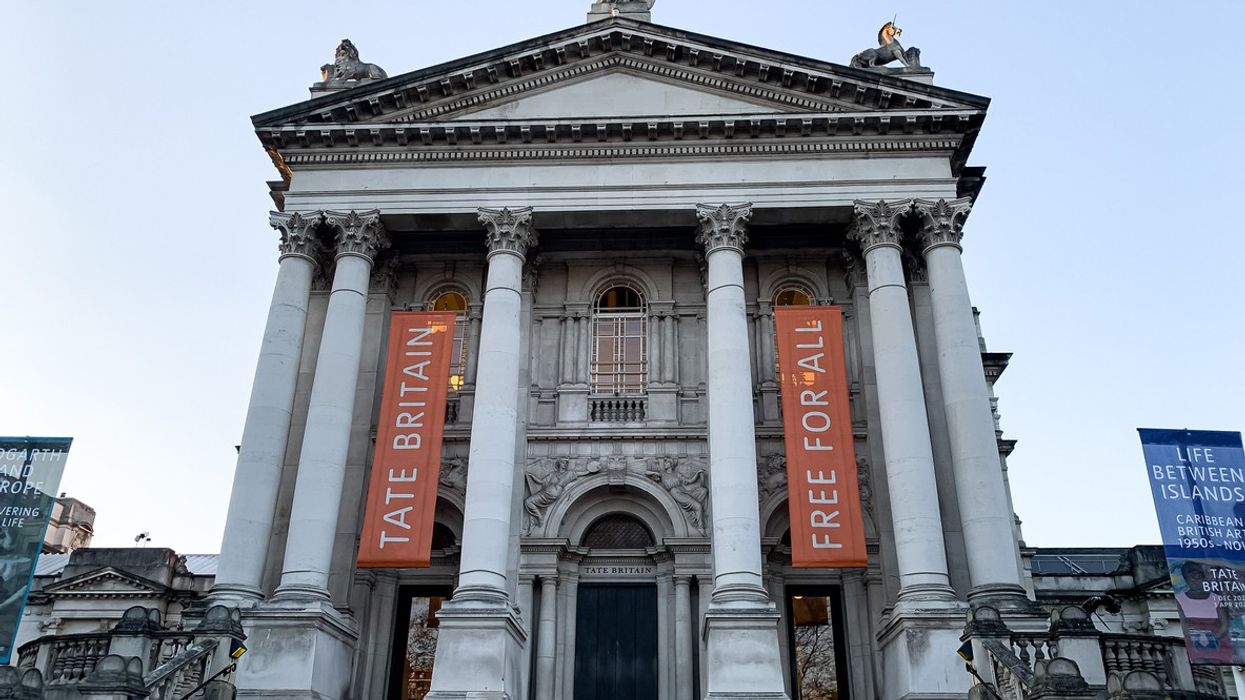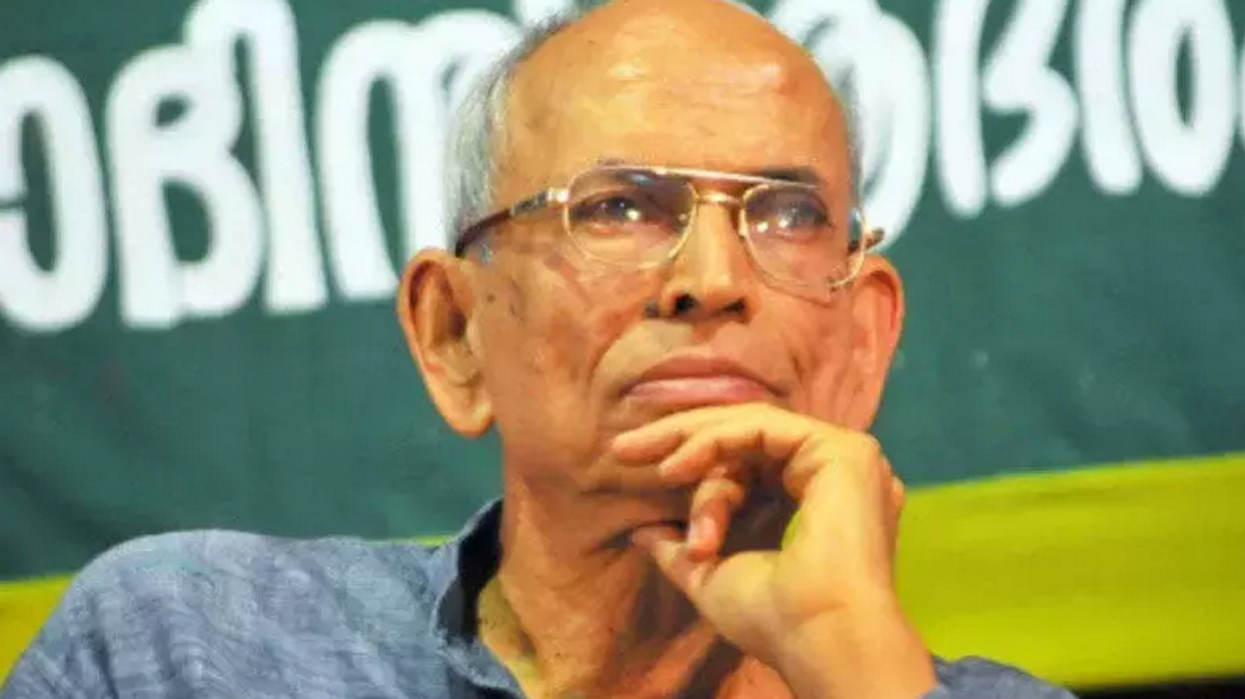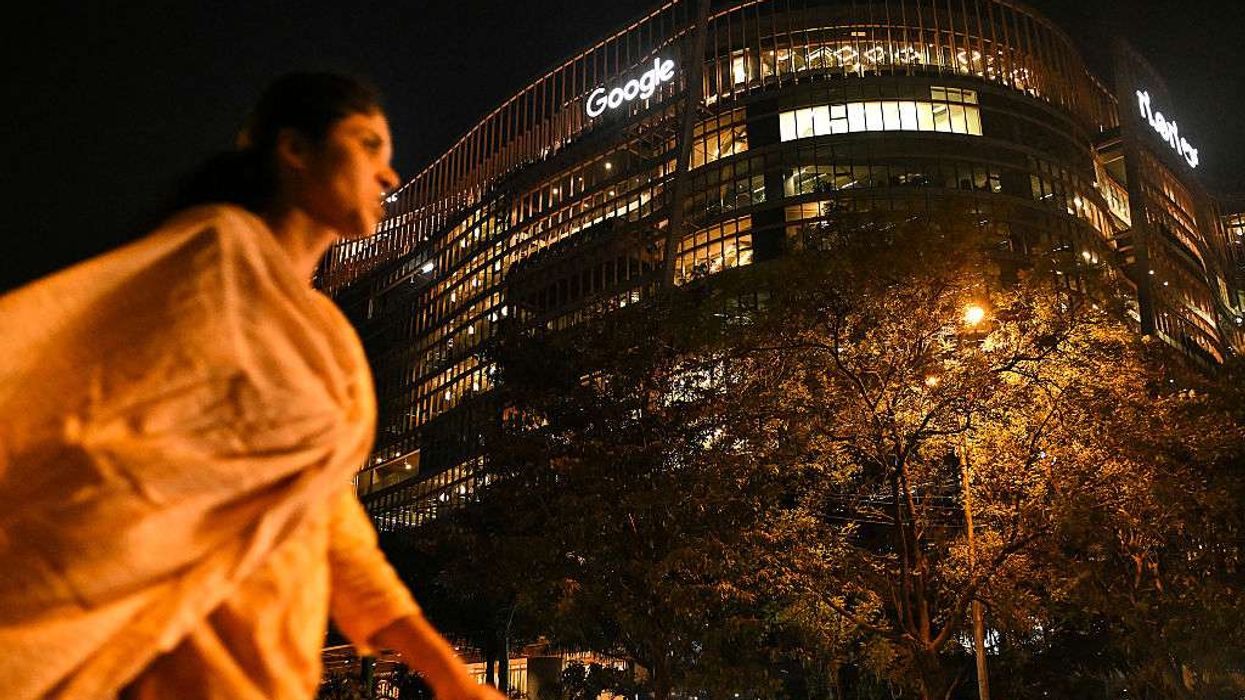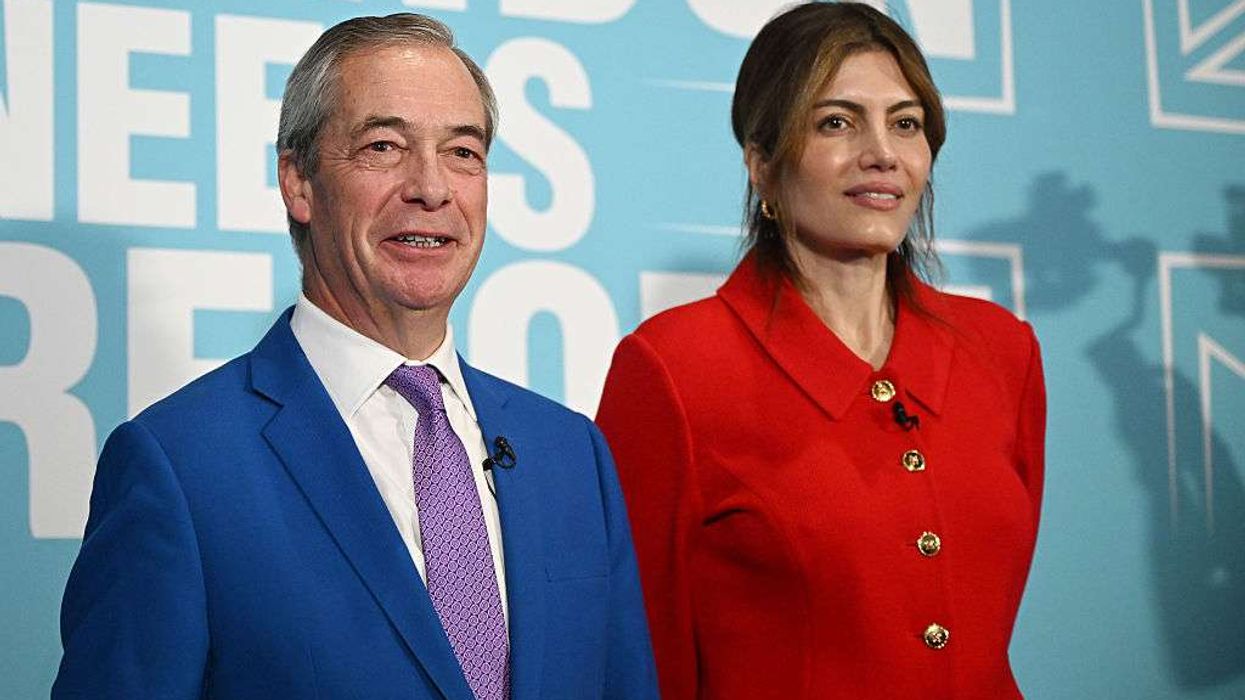In an exploration of history, art, and societal reflections, artist Keith Piper embarks on a thought-provoking journey with his commissioned response to the contentious Rex Whistler mural at Tate Britain.
This almost 100-year-old artwork, titled The Expedition in Pursuit of Rare Meats, has been secluded from the public eye since 2020 due to its depictions of black and Chinese individuals.
Piper's work, titled Viva Voce, not only addresses the historical and racial nuances embedded in the mural but also raises crucial questions about the role of difficult images in our understanding of history.
Commissioned by Tate Britain in 2022, Piper delves into the complexities surrounding the Whistler mural, which had sparked concerns and controversies over the years.
The mural, originally commissioned in 1926 as decoration for a new refreshment room, has been a source of discomfort due to its depictions of a black child being enslaved, his mother portrayed naked in a tree, and offensive caricatures of Chinese figures.
Piper, a prominent figure emerging during the British Black Arts movement in the early 1980s, recognizes the undeniable racism within the mural.
However, instead of advocating for its removal, he defends the decision to keep it on display. In his perspective, engaging with traumatic and racist images is crucial for a comprehensive grasp of history.
"Viewing traumatic and racist images is crucial for us to truly grapple with our history," he told The Guardian.
He acknowledges the ongoing debate among younger generations about whether such images retraumatize, but Piper asserts that the alternative is either to confront these images or risk forgetting.
The artist believes that society tends to forget easily, and things out of sight often go out of mind. Piper contends that to maintain a clear sense of history, it is imperative to confront uncomfortable truths.
Reflecting on pivotal moments in history, such as the struggle against apartheid and the Black Lives Matter movement following the graphic and traumatizing video of George Floyd's death, Piper argues that difficult images played a crucial role.
He suggests that without these problematic images, these movements might not have gained the same momentum. Piper's stance emphasizes the importance of recognizing the struggles faced by marginalized communities throughout history and understanding the significance of challenging narratives.
In response to the Whistler mural, Piper's Viva Voce takes the form of a 20-minute video piece where Whistler is imaginatively interrogated about his work by a fictional academic named Professor Shepherd.
The video goes beyond discussing the mural itself, delving into Whistler's social circle, including figures like Stephen Tennant and the Bright Young People associated with the Gargoyle Club during the jazz age.
Whistler's consistent use of racist imagery is scrutinised in the video, as is his connection to Edith Olivier, a literary figure who befriended Whistler and played a role in Piper's response.
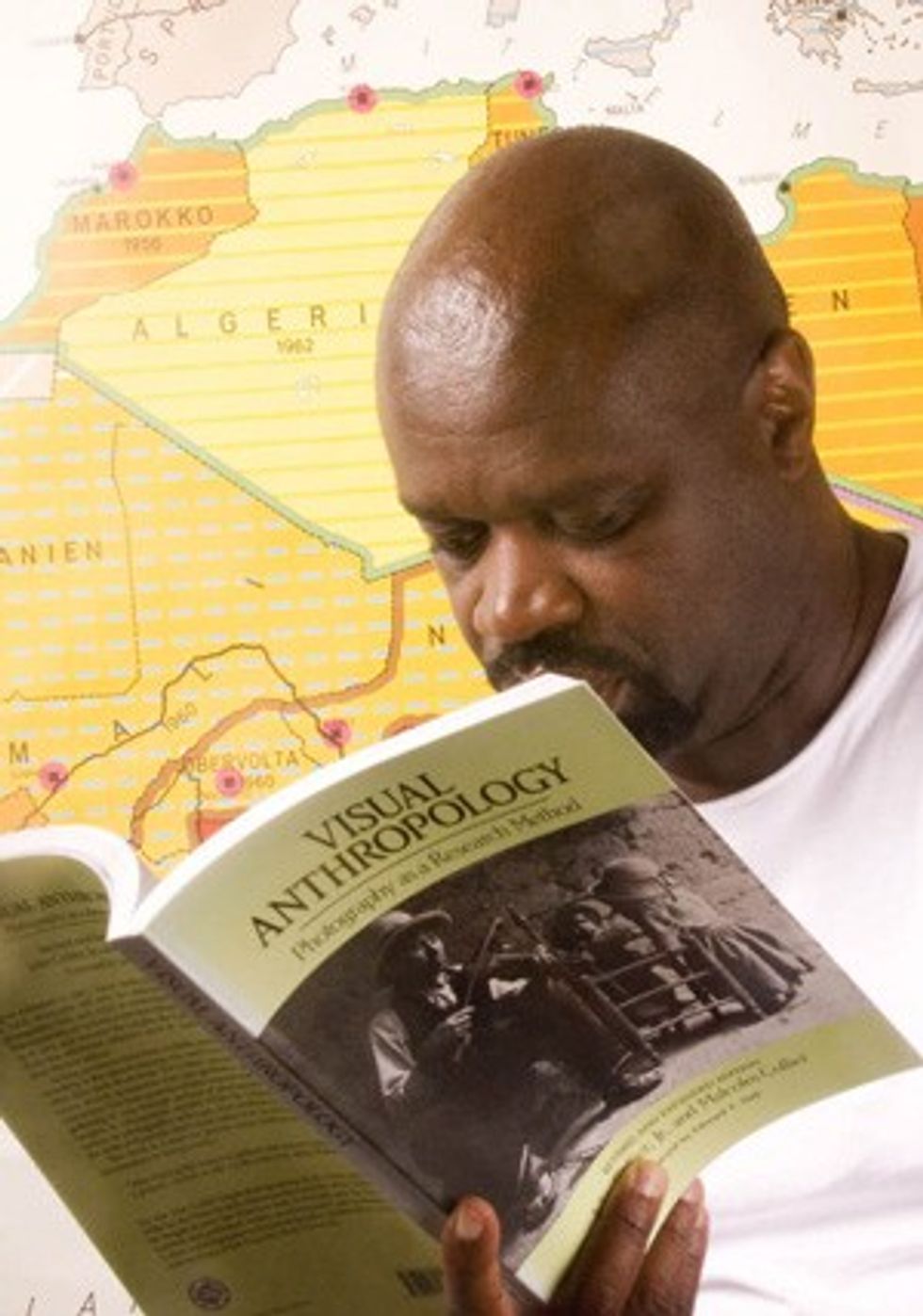
The two-screen video engages viewers in a nuanced exploration of historical context, shedding light on the societal influences that shaped Whistler's work.
The original mural, wrapping around an entire space, has been inaccessible to the public since the closure of the Rex Whistler Restaurant in 2020 during the pandemic.
The decision to close the restaurant triggered a prolonged process, with Tate Britain facing criticism for taking five years to acknowledge the offensive elements of the mural through new signage in 2018.
Piper anticipates criticism for his response, acknowledging that the mural is undeniably racist. However, he emphasises the importance of facing historical artifacts, especially in an era dominated by artificial intelligence and fabricated information.
Piper contends that the authenticity of historical archives becomes increasingly crucial for informed judgment and research.
The artist compares his commission to being approached by Tate Britain as a metaphorical plumber tasked with addressing an unpleasant issue. He sees his role as one that involves reaching into the metaphorical u-bend of history, grappling with uncomfortable truths, and presenting them for societal reflection.
As Tate Britain prepares to restore and reopen the Whistler mural on March 12, Piper's Viva Voce stands as a contemporary response, encouraging viewers to confront historical complexities, question narratives, and engage in meaningful dialogue about the troubling aspects of our shared history.
(With inputs from the Guardian)
